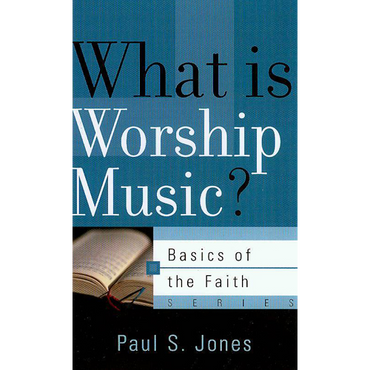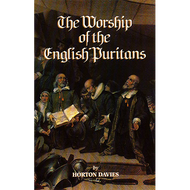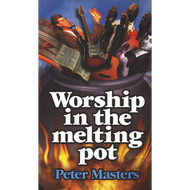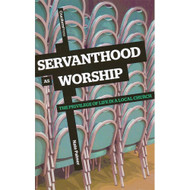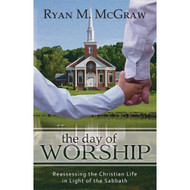Categories
Categories
What is Worship Music? by Paul S. Jones (Paperback)
Product Description
About the Author
Publisher's Description
Too much of the debate surrounding different worship styles center on personal music preferences. Paul Jones, respected author on church musicianship and worship, takes one step further back and asks the question "What is the music for?" Looking at biblical and historical sources, he builds a structure to help us all understand where we should be directing our energies and attention - and how to increase the value of our worshipful singing.
Endorsement
In this brief book Paul Jones answers his title question in three parts: worship music is praise, worship music is prayer, and worship music is proclamation. In each of these parts Jones grounds his discussion in Scripture, amply illustrates it from church history, and provides practical applications.
A few examples will exhibit Jones's careful, biblical approach. In his section on worship music as praise, he notes that churches don't have the option of neglecting the Psalms in their worship since the New Testament commands the singing of Psalms (Eph. 5:19; Col. 3:16). Jones rejects exclusive psalmody, however, on the grounds that such an approach "would be missing our acknowledgement of and gratitude for Christ's redemption and his fulfillment of Old Testament promises" (11-12).
In the section on worship music as prayer, Jones contrasts this approach to worship music with the common contemporary tendency to treat worship music as performance. Worshippers do not respond to prayer with applause, yet this is a common response in contemporary worship services to musical performances. These churches often look at their music ministry as a way to attract the lost so that the sermon will have a chance to gain a hearing or as necessary to retain the young people of the church. Jones argues that all these approaches to music stand at variance with treating worship music as prayer.
In the section on music as proclamation Jones presents several passages that teach that music should teach (Col. 3:16; Ps. 60; 119:171-72, 174-75), several examples from church history, and the practical conclusion that "many of the same criteria used to define great preaching and teaching can be employed to define great church music" (36).
Jones has managed, with lucid brevity, to write a Scripture-infused, historically aware, practically wise book that will benefit churches and Christians who take it up and read.
 Loading... Please wait...
Loading... Please wait... 
